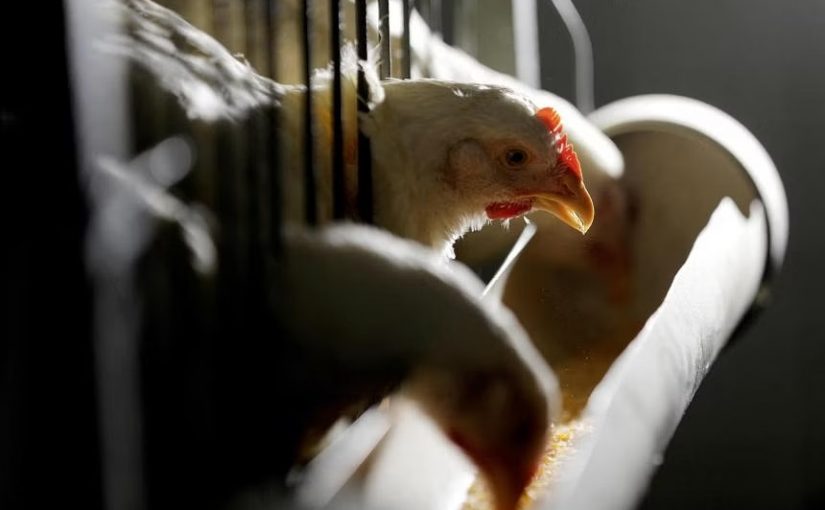'I won't humiliate myself': Brazil's president sees no point in tariff talks with Trump
Brazil chicken supplies growing, contributing to global glut

FILE - Brazil’s 2023 chicken output could potentially increase by up to 3 per cent to 14.95 million tonnes at the end of the year. [File photo: Reuters]
Accelerated Brazilian chicken production will continue at least through the end of 2024, according to a lobby group for chicken and pork processors on Wednesday, in a sign that a global chicken glut may not subside soon.
An oversupplied chicken market affected Brazilian meatpackers’ earnings in recent quarters, and also forced companies like Tyson Foods in the United States to shut capacity.
ABPA, which represents companies like JBS SA and BRF SA, said Brazil’s 2023 chicken output could potentially increase by up to 3% to 14.95 million tonnes at the end of the year.
Next year, chicken output may grow as much as 4.5% to 15.5 million tonnes, it added.
Brazil, one of the world’s largest chicken producers alongside China, the United States and the European Union, was previously expected to produce 15 million tonnes of chicken in 2023, said Ricardo Santin, ABPA’s president.
He told reporters that new projections already reflect a gradual reduction of Brazil’s output, which should improve the balance of supply and demand in the second half compared with the first.
Given the size of Brazil’s production and exports, the country “is a price and volume driver on global markets,” he said.
Brazilian chicken exports, which account for 35.6% of global chicken supplies, are also expected to rise.
ABPA is projecting Brazilian chicken exports at 5.1 million to 5.2 million tonnes for end-2023, potentially increasing up to 8% from the previous year.
For 2024, exports could grow as much as 5% to 5.35 million tonnes, ABPA said.
Brazil’s main export destinations were China, Japan, the United Arab Emirates, South Africa and Saudi Arabia in the first seven months of 2023.
China, which increased imports of Brazilian chicken by 33% in the period, is expected to continue buying large volumes from suppliers in the country as it is expected to lower its own internal chicken output, ABPA said.













Leave a Reply
Be the First to Comment!
You must be logged in to post a comment.
You must be logged in to post a comment.